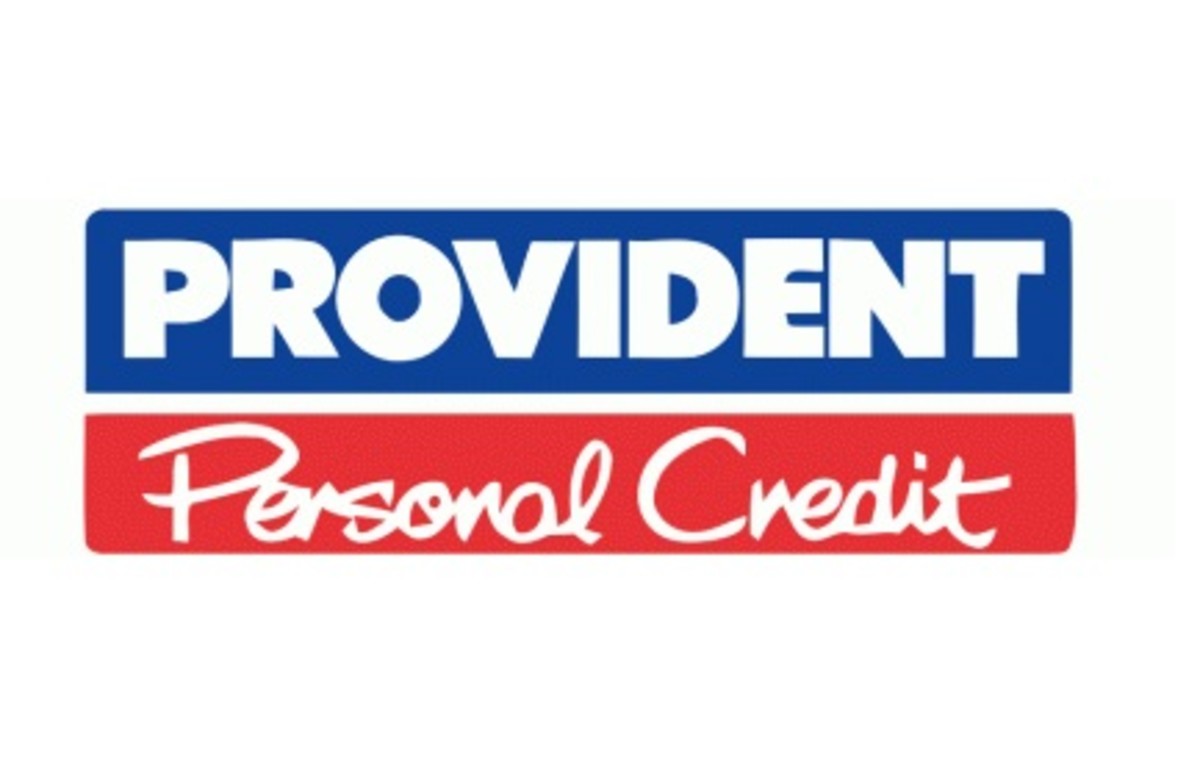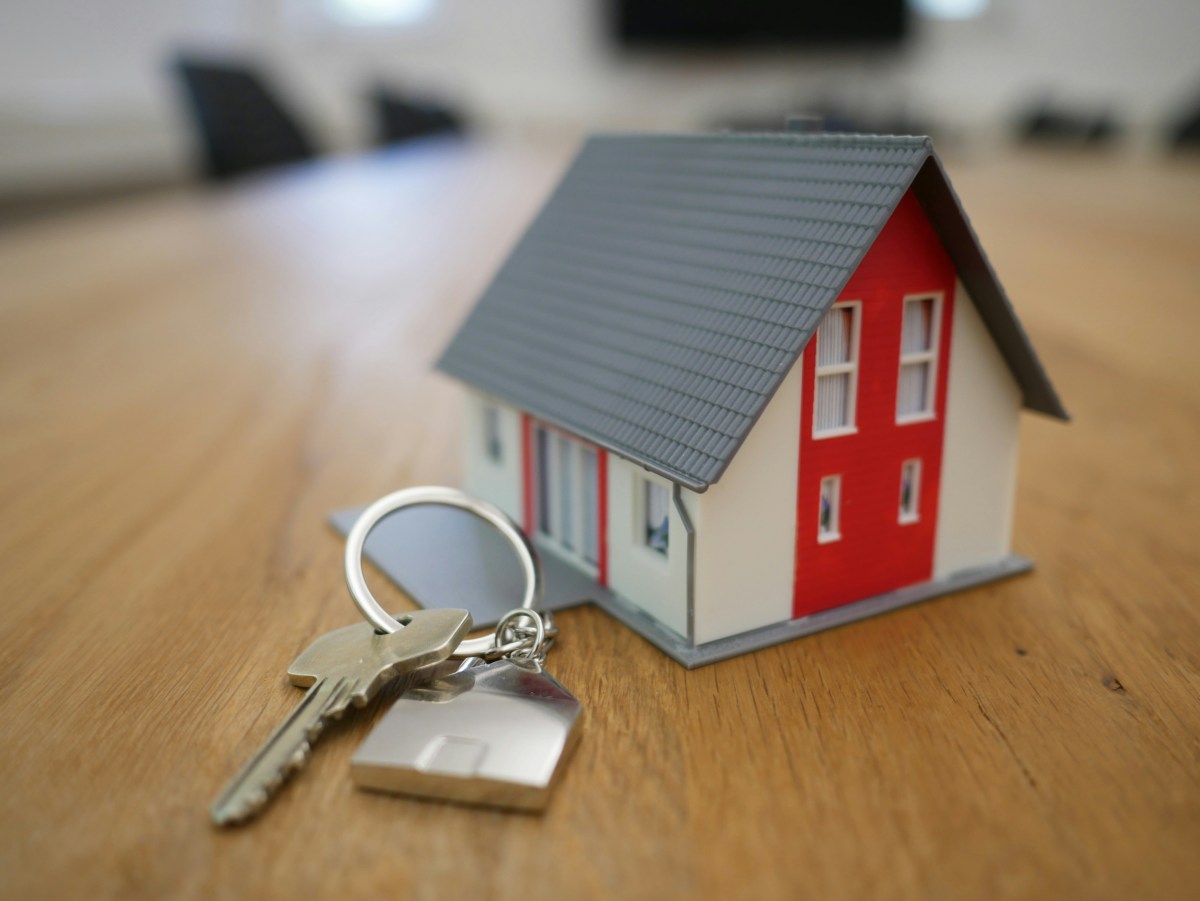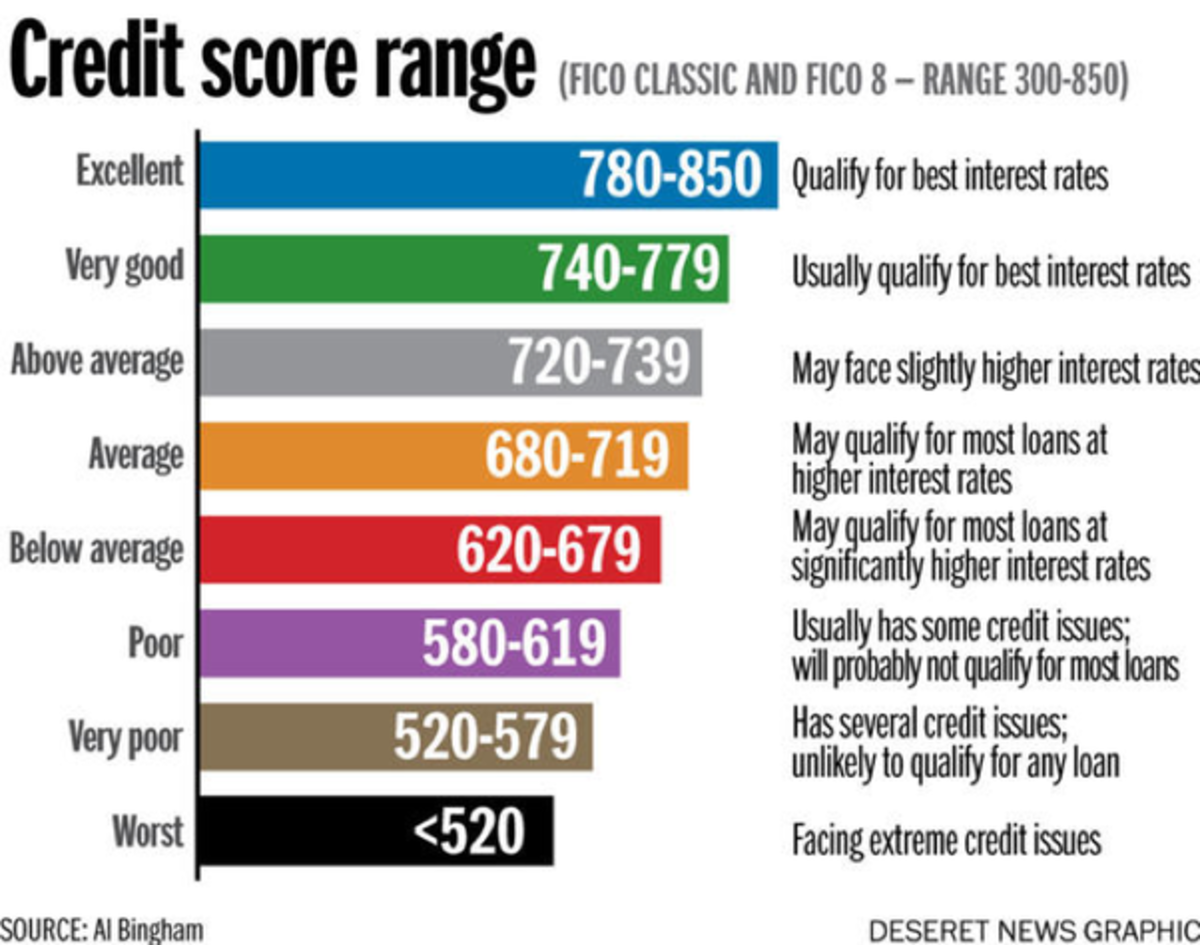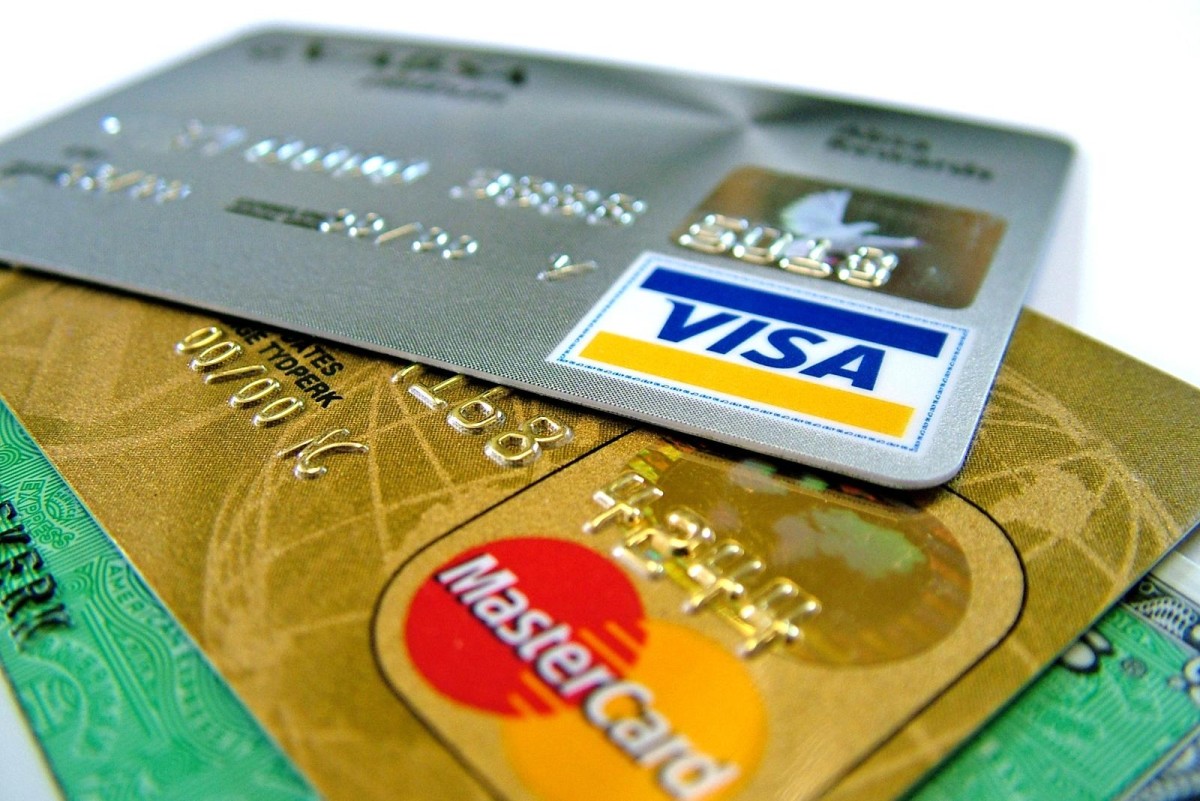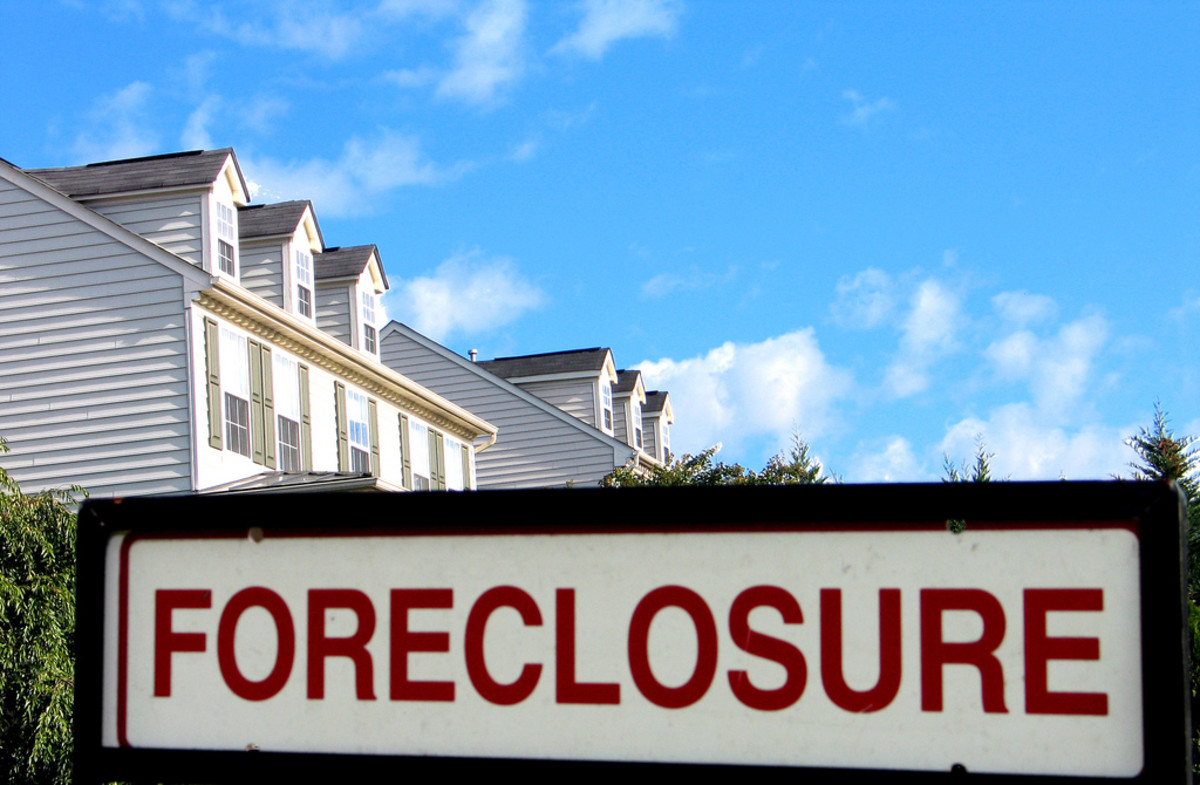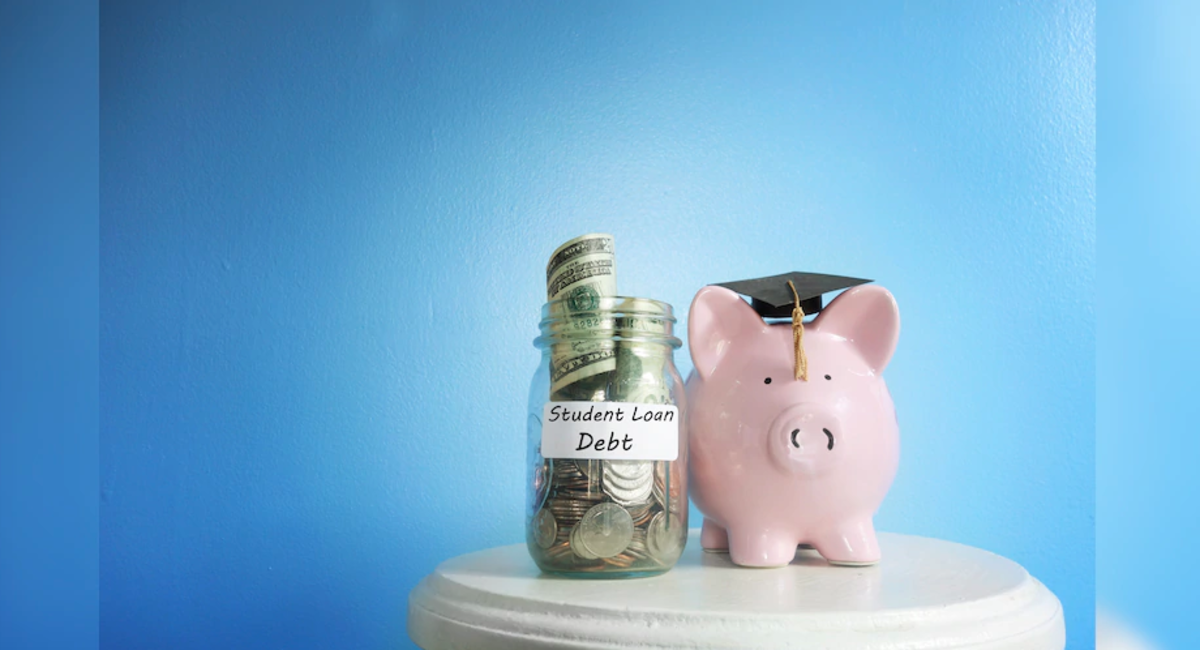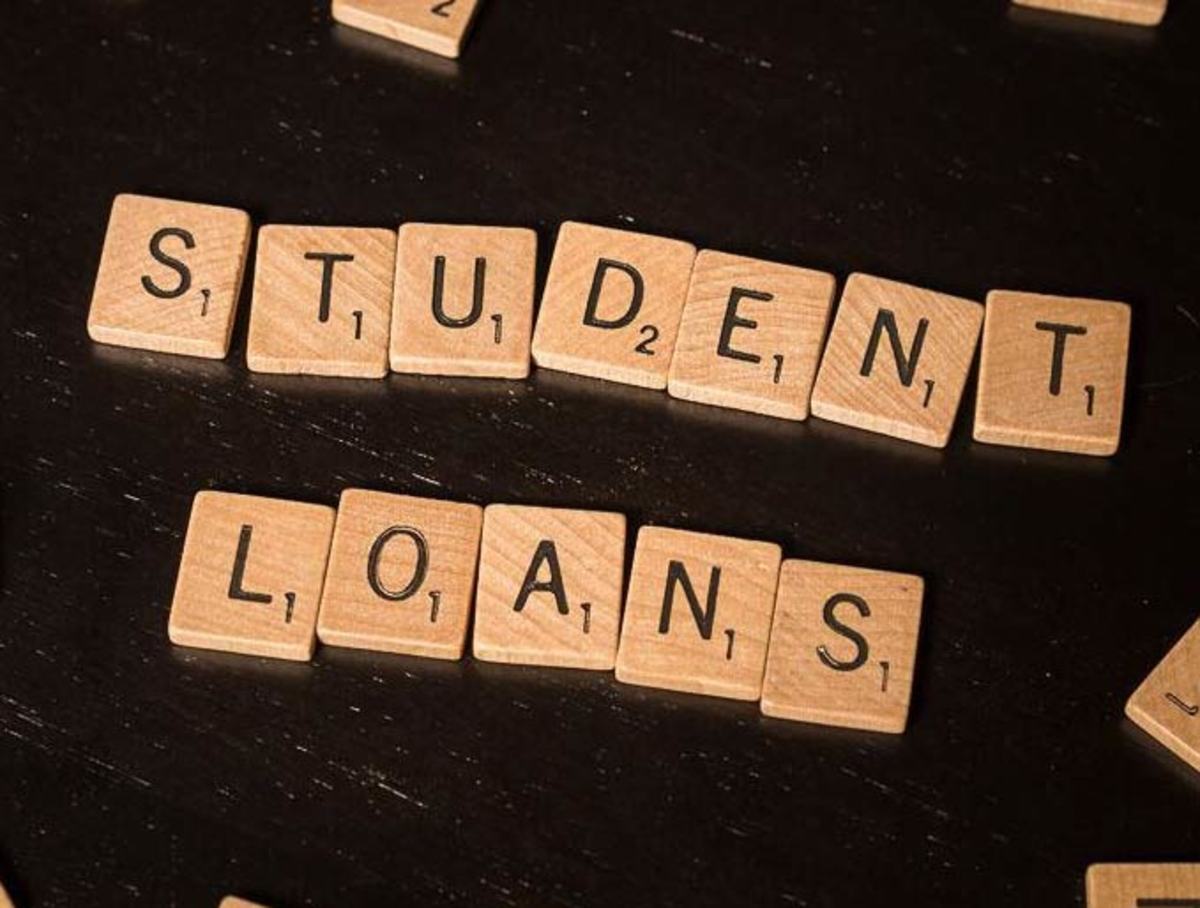Pay Your Mortgage off Early?
Is All Debt Bad Debt?
People frequently wonder if it makes sense to pay off a home early. Financial experts recommend that people avoid debt when at all possible. While not all debts are created equal, no debt is a wonderful thing to have on one's personal balance sheet as a liability. Paying off debt is a great idea. There is no question about this principal--pun intended.
Actually, avoiding all debt is best. Those who have less debt have less to worry them, and less stress is always a good thing. There are debts that are better than others. That cup of Starbucks is not exactly necessary, and using a credit card for the purchase without paying it off before the end of the grace period will case that coffee to cost much more than it would had a person paid cash. This would be an example of very bad debt.
Debt for a house, on the other hand can actually make sense. In many parts of the country, it is actually cheaper to have a mortgage payment than it is to rent. Therefore, if a person is planning to stay in an area for a few years, it makes sense to buy if the monthly payment is cheaper than rent. Renters have no equity when they leave, those who are buying can often cash out when they sell if they are not underwater on their loans. Therefore, debt can make sense when buying a house.
Another benefit of buying over renting involves the mortgage interest tax credit. Mortgage interest is deductible when calculating income tax. This definitely helps those who have enough deductions to itemize. For example, if an individual or family pays $15,000 in mortgage interest, they can itemize and deduct $15,000 from their income. This reduces the cost of buying a house by reducing the amount of tax due.
Pay Off Your Mortgage By 50
Get Out of Debt
Save Money
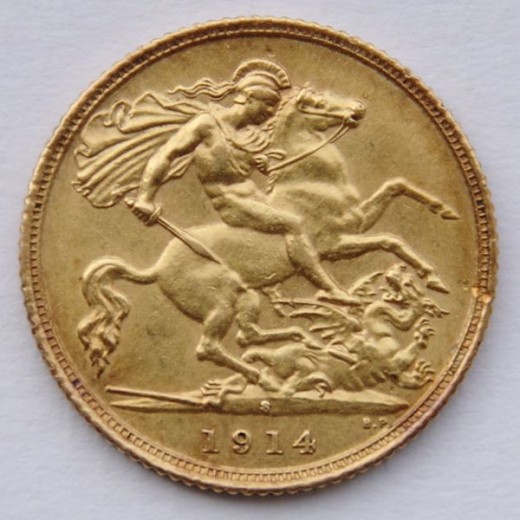
Personal Finance
Should You Pay off a Mortgage Early?
The answer to this question is--drum roll, please--maybe. There are instances in which it might not be advisable to start paying additional funds on a mortgage. So, what are these instances of which I speak?
Pay off credit card debt first. Credit cards tend to have much higher interest rates than do mortgages. In fact, unsecured debt tends to have higher interest rates than just about any debt. If you have enough money to pay extra on a bill, it should definitely go toward paying off the credit card bills. Start with the smallest outstanding balance if you have multiple accounts, and after that one is paid off, start on the next, and the next, ad infinitum, ad nauseum.
Other debts that have interest payments and that have no tax benefits should be paid next. This would include such debts as those incurred for automobiles, motorcycles, boats, RVs, etc. While these are often taken out at lower rates than credit card debt, they do not have the tax benefits of the mortgage interest tax deduction.
After all of these debts listed above are paid off, it then makes sense to pay off the mortgage early. There is, of course, the possibility that Congress could do away with this tax credit in the future. If and when that happens, it may be time to re-think this strategy. Until that time, however, it is a smart idea to pay off your mortgage early. It's a smarter move to pay off all of your other debts to banks earlier, because of the mortgage interest tax benefit, especially if it's large enough to allow for itemization.
What Debt Should You Pay Off First?
What debt should you pay off first?
Benefits of Paying Off a Mortgage Early
There are some benefits of paying off a house early. The first benefit is not having a house payment. Even the cheapest mortgage payments tend to be in the hundreds of dollars. Those who own larger houses can pay into the thousands or tens of thousands in mortgage payments. Say for example that your monthly house payment is $1,000. Paying off the mortgage automatically increases disposable income by $1,000 per month, less any expenses that may be in escrow, such as fire or flood insurance.
The second major benefit of paying off a mortgage early is less stress. With the additional disposable income, it will be easier to take a nice vacation or save more money for retirement. Less stress can often lead to better health.
The third major benefit of ditching a mortgage payment is that this can lead to a substantial savings in interest expense. Today, mortgage rates are basically at an all-time low. Regardless, an early pay-off will allow you to quit paying this interest, as well. Homeowners can save tens or hundreds of thousands in interest expense, depending upon how much their mortgage is and how early they pay it off.




